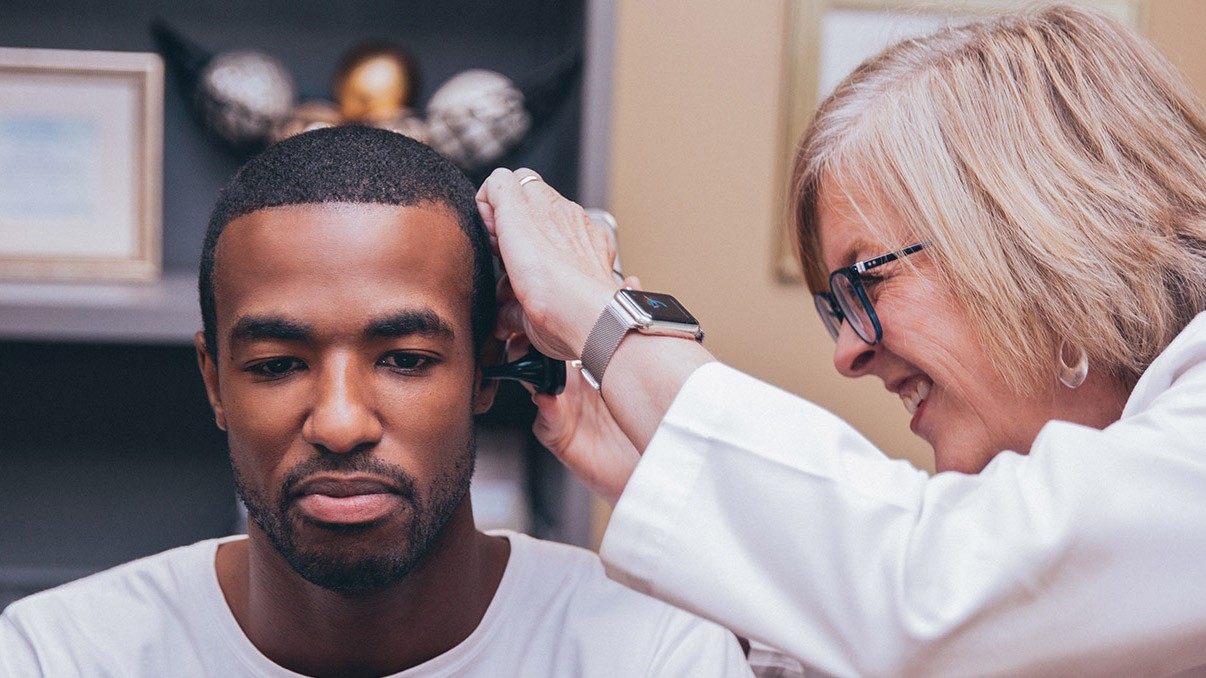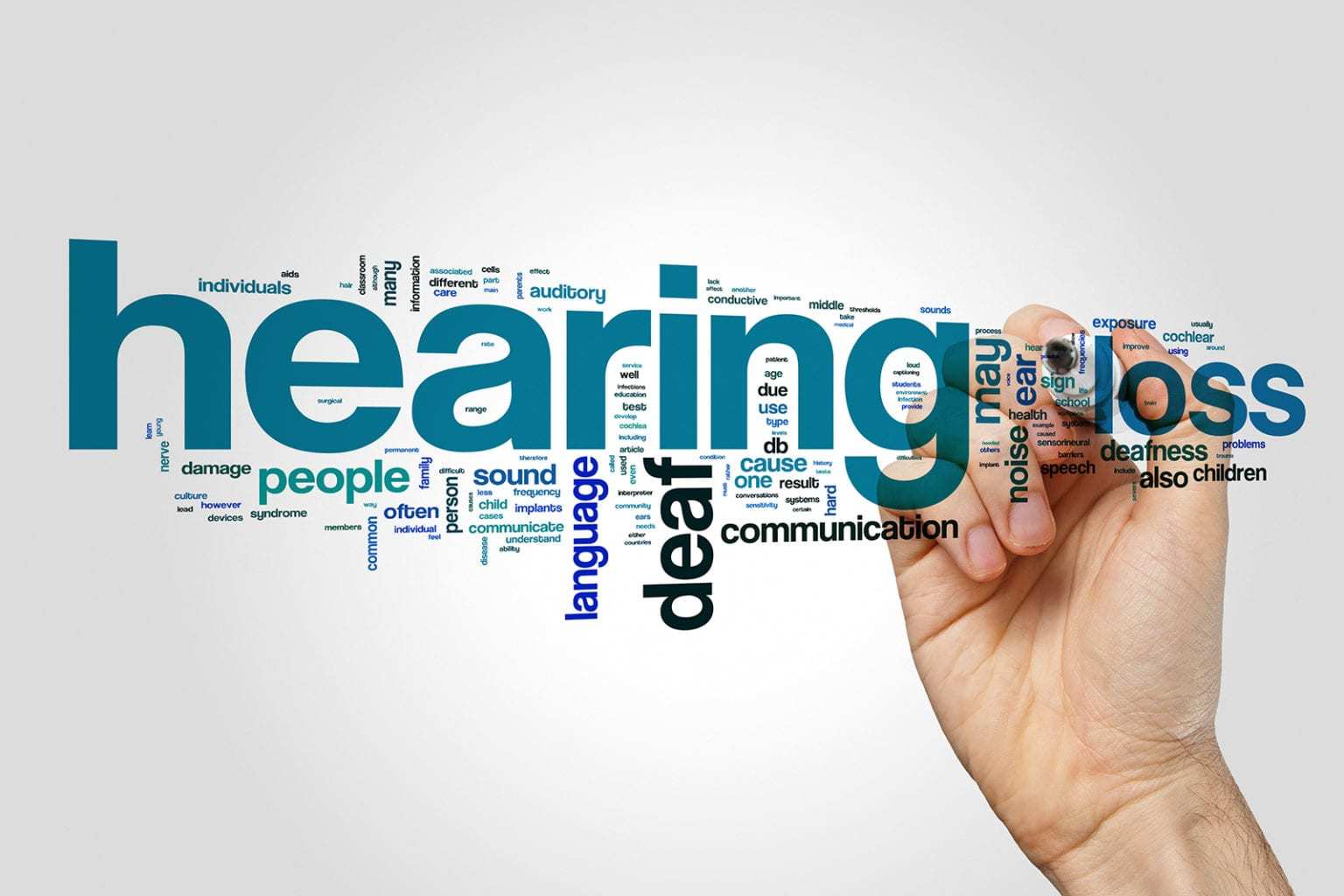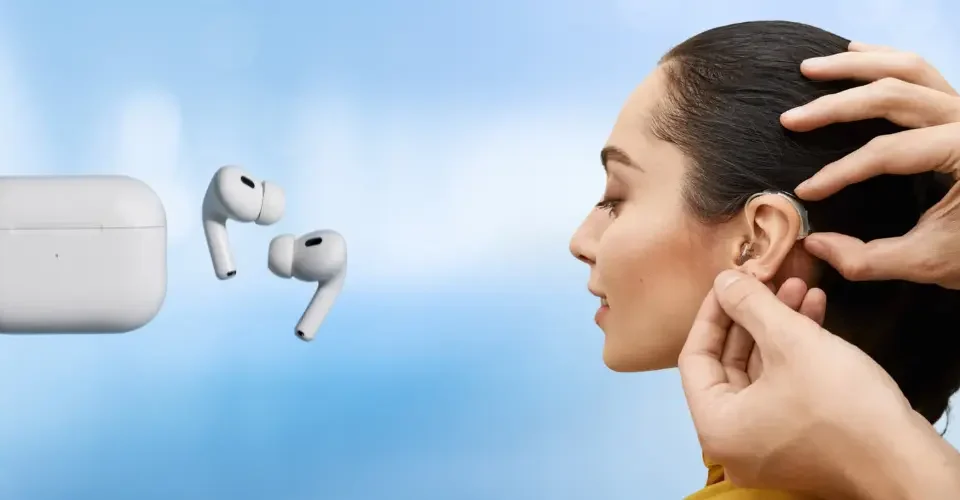
How Long Does A Hearing Aid Fitting Take?
November 14, 2021
How Can I Help a Loved One With Hearing Loss?
January 11, 2022The answer is a complex one, affecting different people at different rates. Although deafness in older adults is known to progress quicker, many variables are still considered. This article will explore the various factors that influence the speed of hearing loss.
Lifestyle Factors
According to the John Hopkins Medicine, smoking, excessive alcohol intake, and a sedentary lifestyle are quickening hearing loss. Moreover, a sedentary lifestyle such as listing to loud music and videos over prolonged periods is also linked to damaging the cochlea.
Age
In general, older adults’ hearing thresholds decline in the fifth decade. As a result, they lose their ability to hear in noisy situations, and their progression rate may be slower than they’d like. The rate at which hearing loss progresses in older adults is not known.
While these findings are not conclusive, they suggest some patterns of hearing loss. In the following paragraphs, we’ll discuss the different types of hearing loss and their progression rates. This is often sudden, and it can develop over time.
Medical Conditions
Some rare diseases and medical conditions cause hearing loss. These include diabetes, syphilis, aging, and certain genetic factors. Other possible causes of hearing loss include head injuries, infections, and medications.
If you have trouble hearing, you should see a doctor to determine the cause. The first symptom is tinnitus, a constant ringing in your ears, and this may be an early sign of an underlying medical condition.
Genetics
According to the Centers for Disease and Control and Prevention, 70% of known genetic variants cause hearing loss. Some mutations run in families, while others do not, and hearing loss in multiple family members is called a familial condition.
What can be done to Slow down the Process?
The good thing is that there are few steps and measures to slow down or even treat hearing loss. These are:
Diet: A well-balanced diet promotes a robust immune system, healthy blood flow and cholesterol levels, and low blood pressure, among other benefits. This can help prevent certain chronic illnesses and lower the risk of hearing loss.
Consult a Specialist: An ENT specialist treats various medical conditions, including acute and chronic. He can also perform surgical procedures on the ears and sinuses. In some cases, he can prescribe hearing aids for patients. Regardless of the reason for your hearing loss, an ENT physician can help you find a treatment plan that is right for you.
Avoid blearing loud noises: This is especially important if you frequently listen to music or watch television. Exposure to loud noises and personal music devices are significant risk factors for hearing loss. People who spend long hours in noisy environments are more likely to suffer from hearing loss than those who don’t. However, you can protect your hearing by managing your lifestyle and taking care of your health.
Conclusion
Regardless of the cause, people with hearing loss face different challenges and outcomes. The common problem is that they often feel isolated and alone, leading to depression and loneliness. This feeling is amplified for people with post-lingual hearing loss, making it difficult to meet friends and family. This can also lead to feelings of depression and loneliness.




